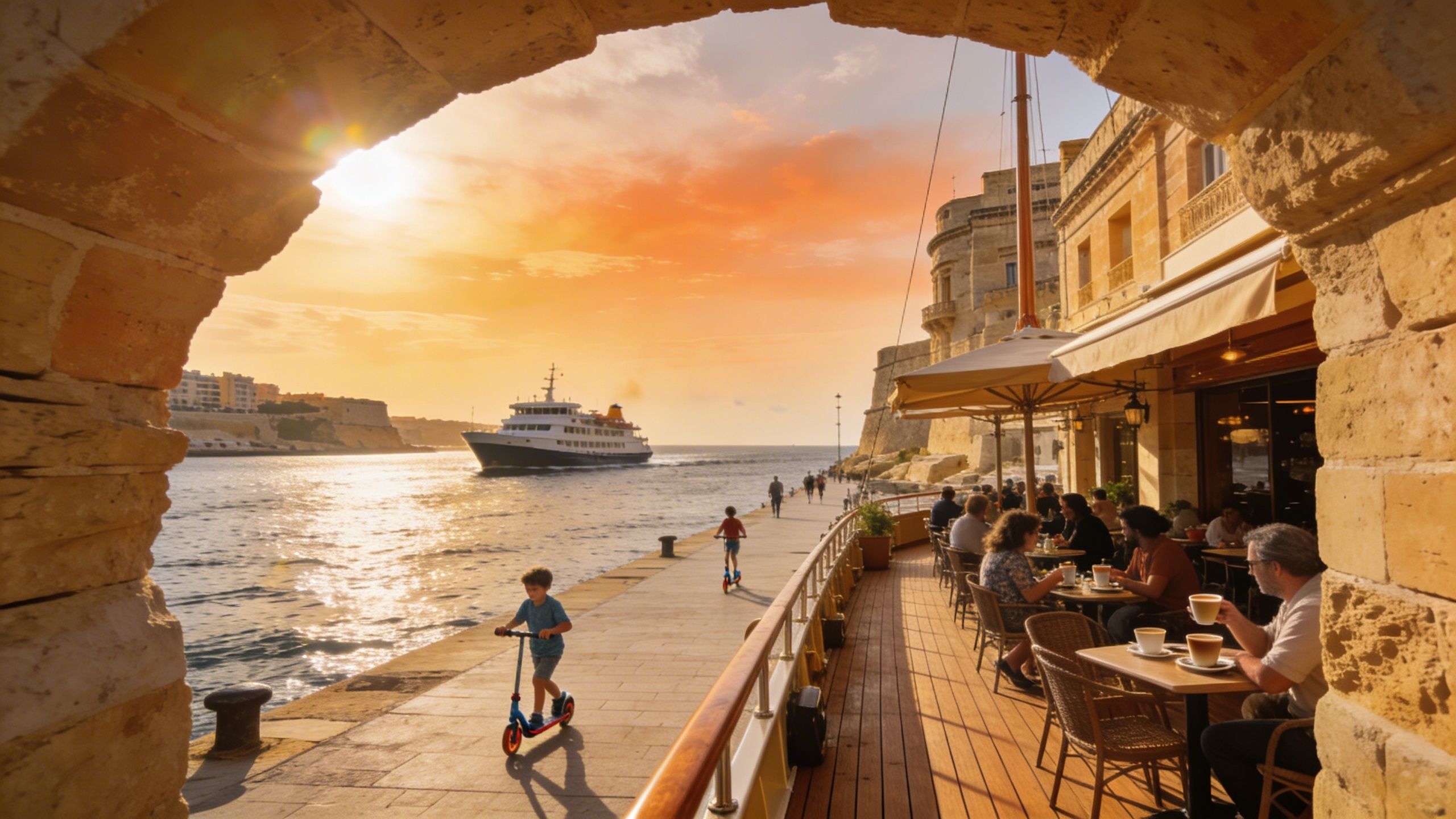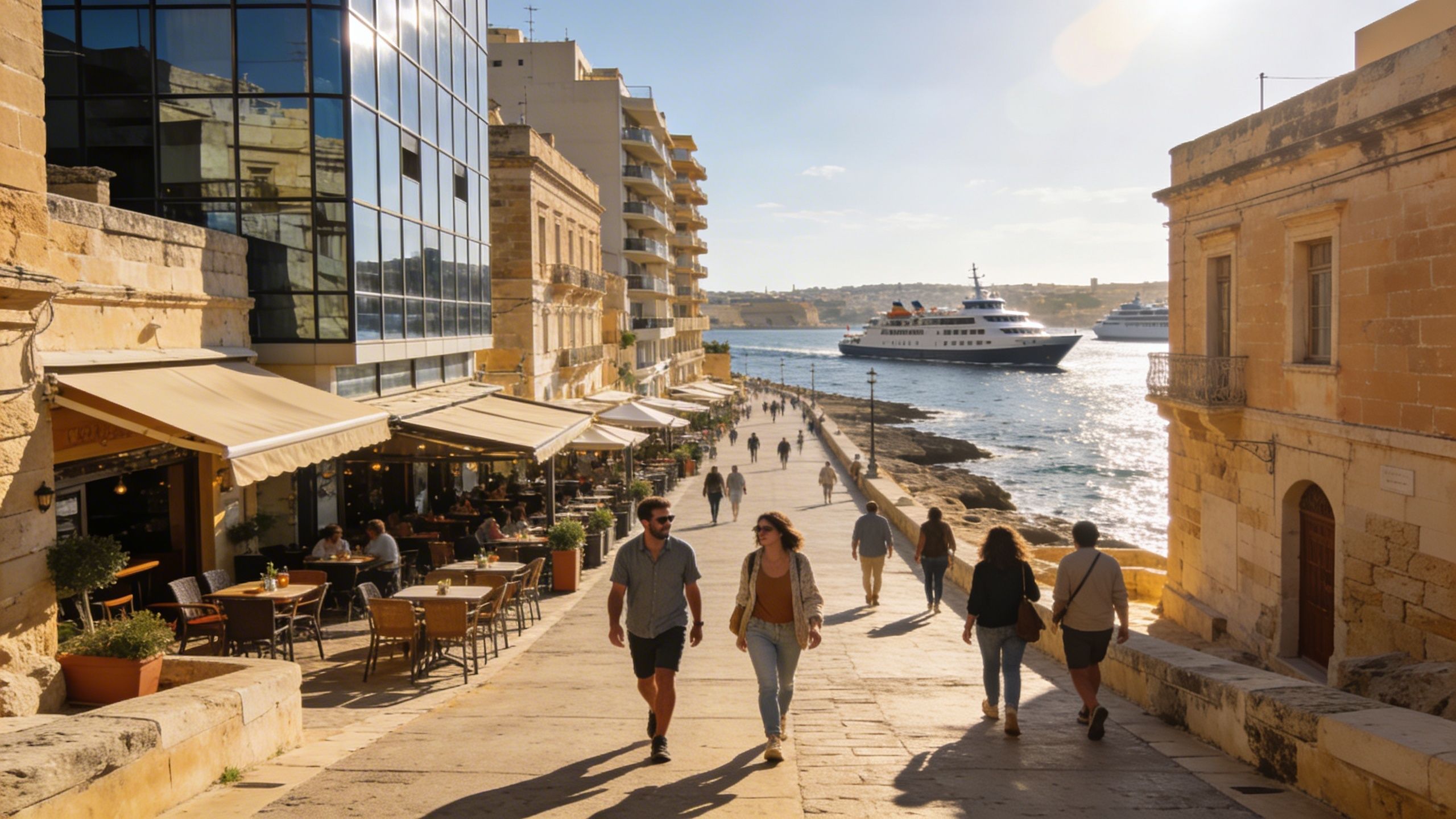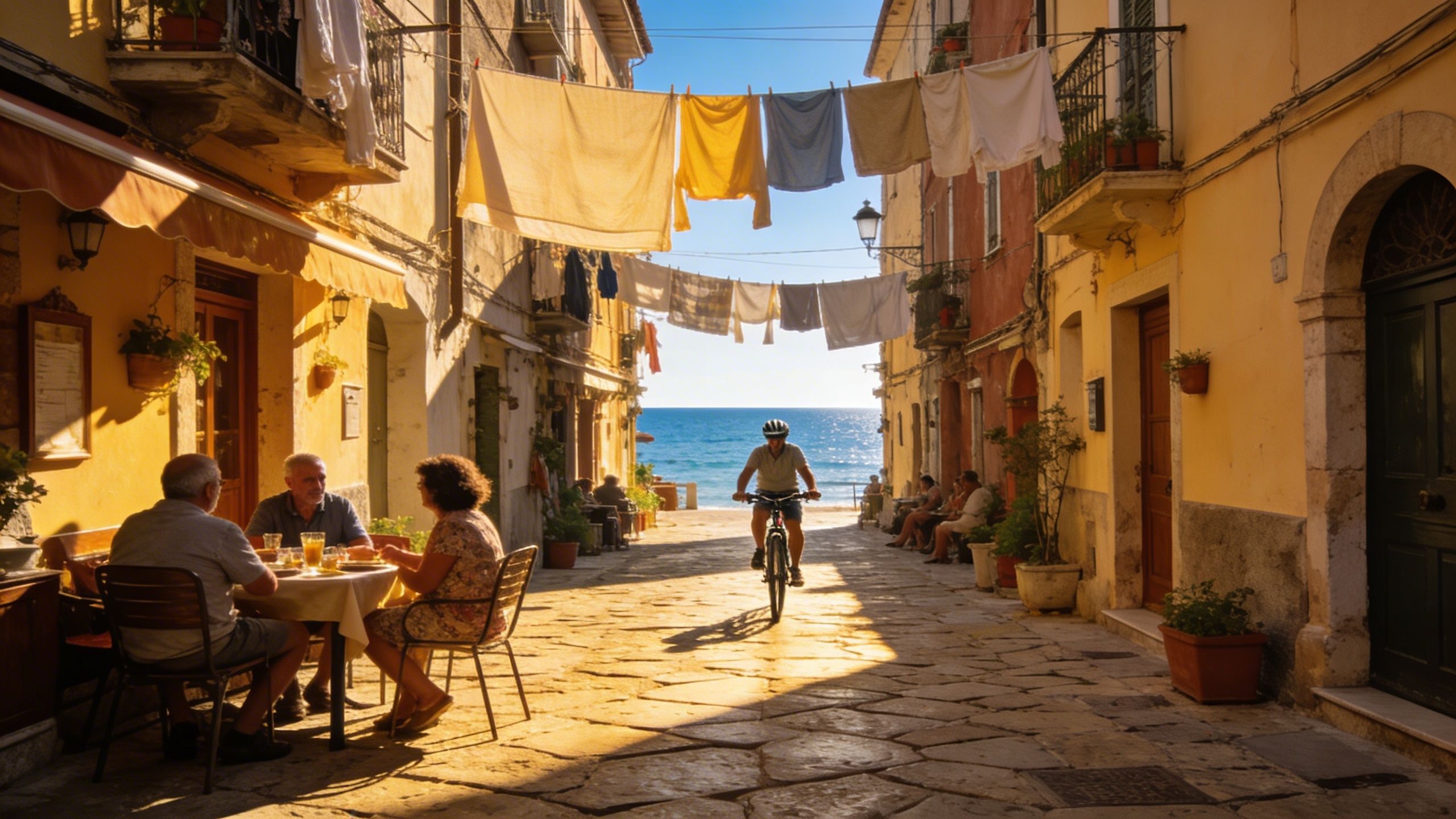Beyond Paris: French Regions Poised for Quiet Gains
France’s regions are diverging: lifestyle-led demand creates overlooked pockets of value — visit off-season, match property DNA to daily life, and use local experts.
Imagine sipping espresso at a shaded table on Rue des Martyrs in Paris, then, three hours later, buying fresh oysters at Cap Ferret’s market — and knowing both choices are within reach. France is not a single market; it is a patchwork of rhythms, prices and lifestyles. That fragmentation is the opportunity many international buyers still underestimate.
Living French Life — region by region
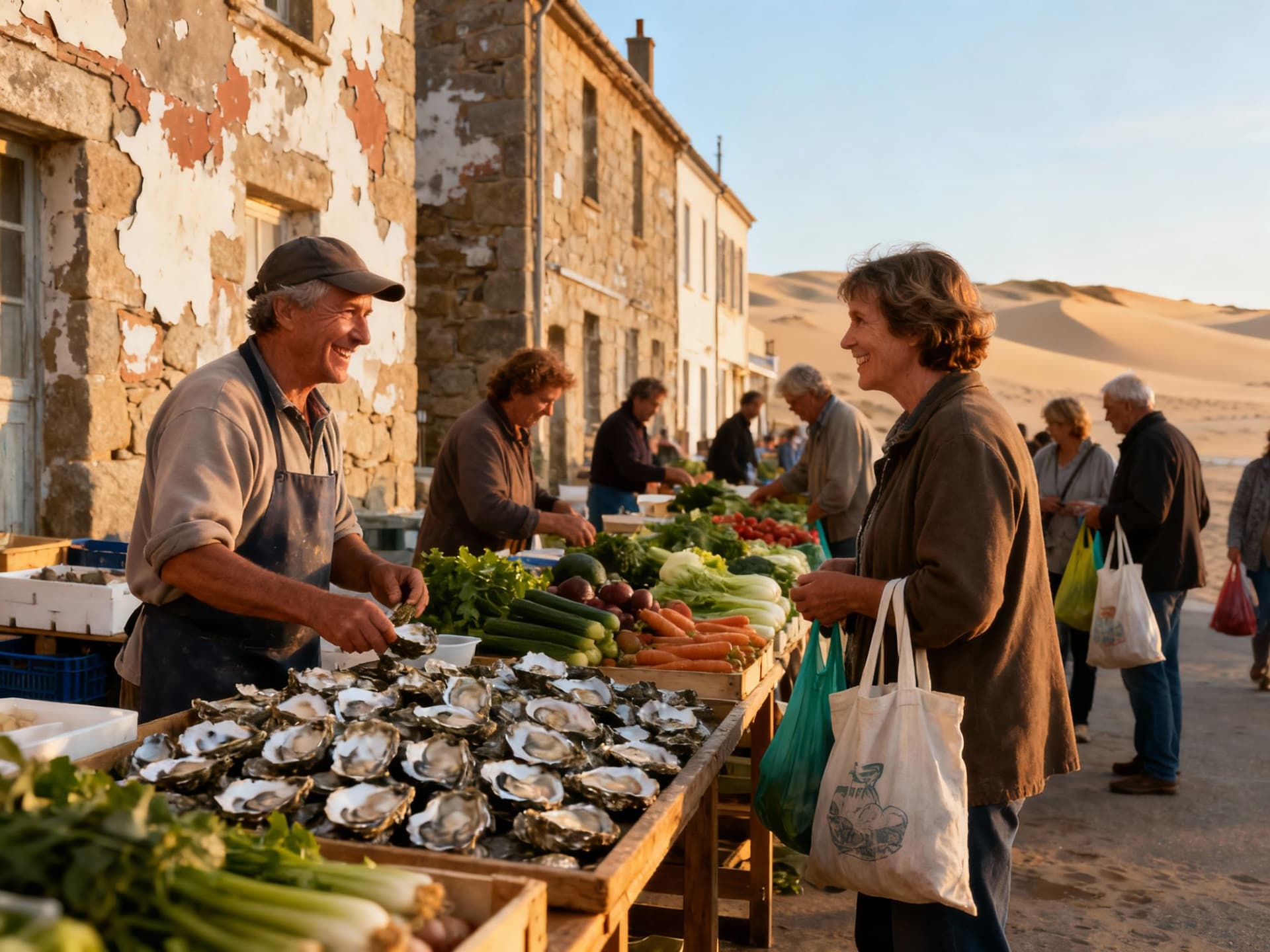
Daily life in France moves slowly where you want it to and fast where you need it. Coastal mornings in Biarritz mean surf, markets and a late breakfast; in Lyon the day starts with a hot croissant and a fast tram to work. Recent national data show house prices rebounding modestly in early 2025 — but regional gaps remain the defining feature of the market. That divergence creates pockets of value for discerning buyers. (See INSEE Q1 2025 report.)
Riviera hinterland and hill towns
Beyond the Côte d’Azur’s headline prices, hill towns such as Lorgues and Vence offer lower entry points and the same Provençal light that sells postcards. These towns attract buyers who want proximity to Nice and the sea without paying Cannes or Villefranche prices. Price movements on the coast were uneven through 2024–25, which rewards buyers who look beyond the shoreline.
Atlantic coast, Nouvelle‑Aquitaine and the rural rebound
Places like Arcachon, Cap Ferret and parts of Landes are maturing markets — high demand but limited supply. Slightly inland, towns in Nouvelle‑Aquitaine and Dordogne have seen renewed interest from remote workers and families seeking space and community. This is where lifestyle-driven demand has outpaced the typical coastal premium.
- Lifestyle highlights to scout (actual places)
- Morning market at Forville (Antibes); oysters and sandbanks at Cap Ferret; Sunday brocante on Rue des Rosiers (Le Marais, Paris); surf and café culture in Biarritz; village fêtes in Uzès.
Making the move: where lifestyle meets transaction
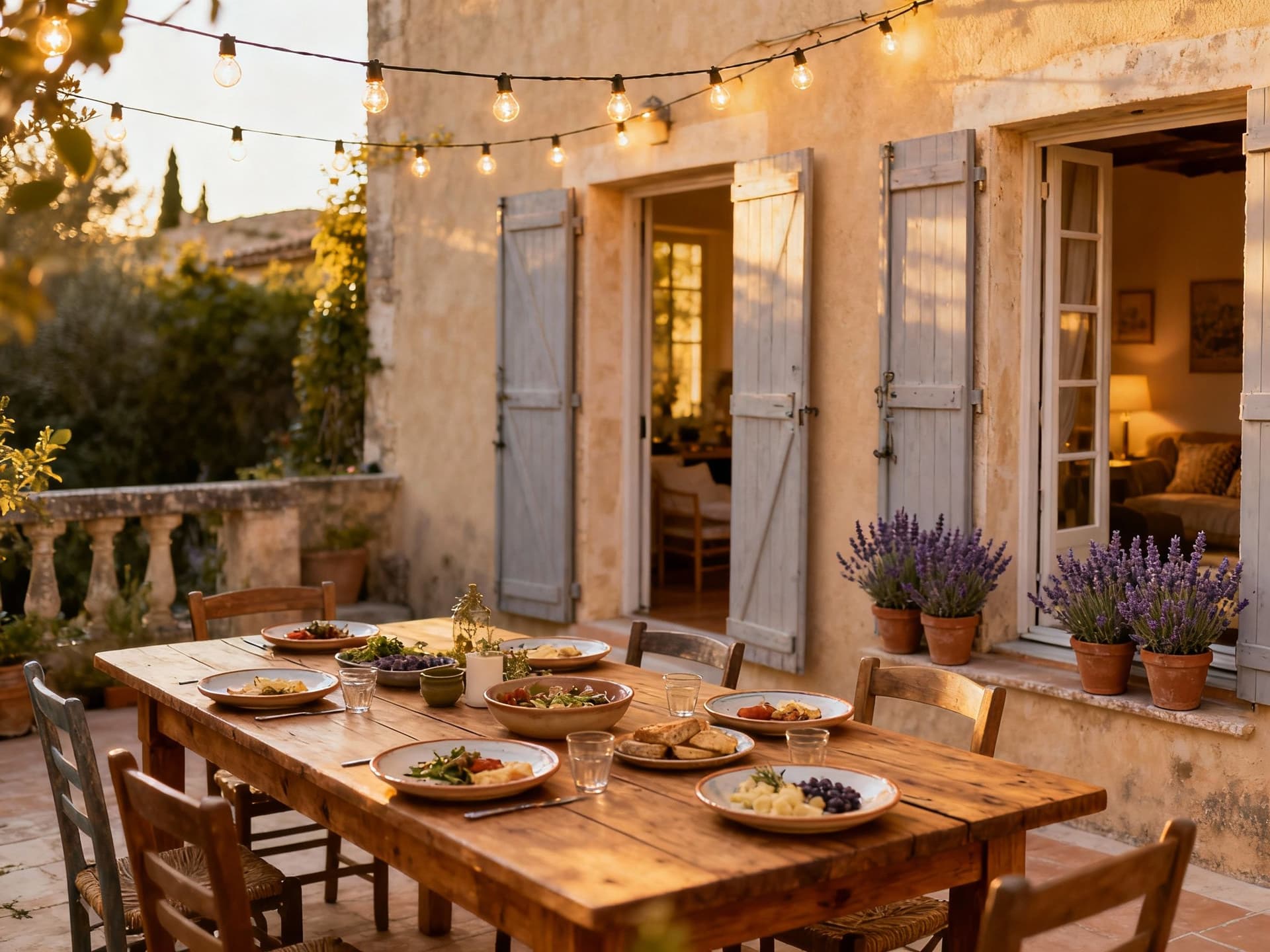
The romance of a region is the starting point; the buying process is where most dreams stall. Regional mobility and demographic shifts matter because they affect supply, competition and future value. INSEE data show increasing attraction to Atlantic and southern regions, and a steady peri‑urban draw — signals buyers should read alongside price indexes.
Property types and how they shape daily life
Stone village houses mean thick walls, small windows and slow winter heating; new builds near Bordeaux deliver better insulation and open-plan living. If you work remotely, prioritise fibre availability and comfortable workspace; if you want weekend cafe life, a small apartment on a lively high street will beat a country pile. Match the property’s DNA to how you intend to live there.
Working with local experts who know the lifestyle
Local notaires, mairie contacts and agents with on‑the‑ground networks save time and money. They flag planning constraints, known renovation costs and real occupancy patterns — whether a seaside town is full of travellers for 12 weeks or busy year‑round with residents. Treat agents as cultural translators who convert a lifestyle brief into search parameters.
- Practical, lifestyle‑driven checklist when viewing properties
- Confirm fibre and mobile signal; visit at different times (market day, weekday morning, Sunday evening); ask neighbours about seasonal occupancy; check insulation and heating type for winter costs; validate permitted tourist rental use if you plan to rent.
Insider knowledge: what expats wish they'd known
Expat stories repeat the same lessons: language opens doors, but local networks open transactions. Small cultural details — the rhythm of the local market, the timing of municipal planning meetings, or whether a boulangerie closes Monday afternoons — change the lived experience and the value proposition of a purchase. Expect surprises; plan for them.
Cultural integration, language and community life
Start with the market and the café. Join a local association, attend village fêtes and learn key phrases before you arrive. In many smaller towns, social capital — the acquaintances who recommend a builder or vouch for a seller — matters as much as contracts.
Longer horizon: how lifestyle choices affect long‑term value
Buying for lifestyle often aligns with long‑term stability. The OECD highlights sharp regional gaps in housing costs; areas that attract new residents for quality of life tend to be resilient. The trade‑off is liquidity: very local markets sell slowly. If you choose a quieter town for lifestyle, budget patience.
- Red flags to check before making an offer
- No verified title for extensions; unclear access rights to shared drives or paths; high seasonal occupancy that reduces year‑round rental income; absence of planning permission for renovations; missing energy performance diagnostics (DPE).
Conclusion: Fall in love, then verify. France’s diversity is its advantage — from Basque surf towns to Perigord stone hamlets — but that same diversity requires local knowledge. Visit outside the high season, bring a clear lifestyle brief, and work with local notaires and agents who translate daily life into durable property choices. If the goal is a life well lived here, the practical steps follow naturally from the places you cannot stop imagining.
Danish investment specialist who relocated to Costa del Sol in 2015. Focuses on data-driven market timing and long-term value for Danish buyers.
